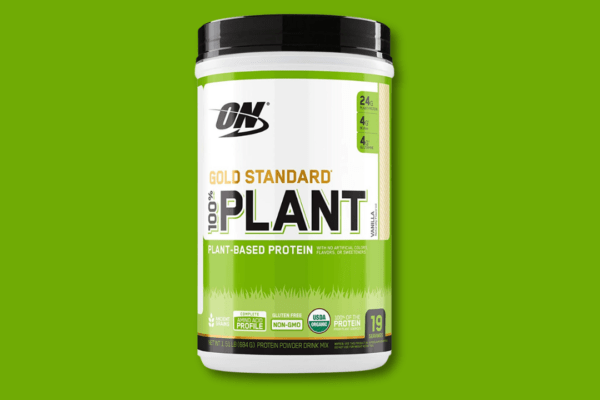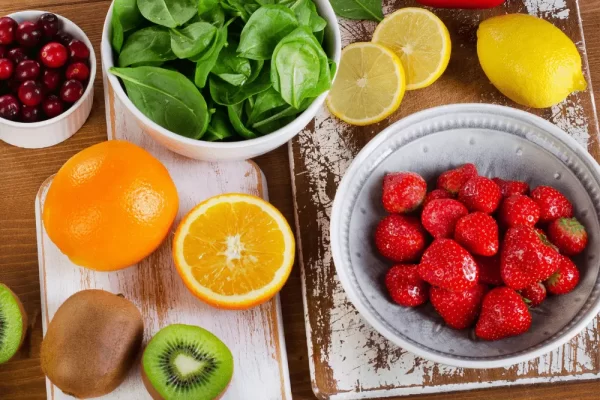With a more vigilant consideration of a healthy lifestyle and a healthy body, people have been more bent onto the idea of consuming more nutritious and vitamin enriched diet. Since the global Pandemic has imposed a major threat to our health and has put up the question of how well can we protect our immunity and make it stronger? Everyone is keen on becoming vegan because being vegetarian is not enough to protect yourself from a deadly virus to which a diagnosis has still not been able to be developed.
It is difficult for individuals to become vegans overnight but recently certain essential environmental concerns have provoked millennials to join on their hands to subtract all animal-based ingredients from their daily intake. People often muddle the concept of Vegan and vegetarianism but it is very indispensable to understand that both are different category of people.
Vegan & Vegetarian
The entire variance is based upon animal food production. A Vegan is that individual who consumes only and only leafy vegetables, nuts, fruits, fibers but no dairy or animal produced food (Honey, egg, Crystal form of Sugar, meats) per say. Whereas, on the other hand, a vegetarian individual devours all the other animal produced food except for meat and fish. Both these categories are differentiated solely based on how much they are into animal produced food items. Now, a basic beginner step to enter into the realms of both these diets is to always begin with vegetarianism because it is considered to be less bounded by ‘NO ANIMAL PRODUCED FOOD’ and maybe better for someone who already has deficiencies since jumping right into Veganism might lead to deficit inside our body which only vegetables might not be able to comply with.
According to an article published in Insider a study published in Nutrients 2014 says that, “vegans had an average of 738 milligrams of calcium per day, which is well below the 1,000 milligrams per day recommended by the National Institutes of Health”. Related to this same idea, a new study has come into light focusing on a newer aspect of Vegan Vegetarianism.
Vegan Vegetarianism- What the study says?
There is veganism and then there is, “Vegan Vegetarianism”. The term itself probably specifies a vegan who is not completely vegan but is a combination of vegan and a vegetarian which means consuming animal produced foods (Dairy products). Now, there has been a recent study developed on these categories of people which says about their decreased risk of any kind of heart disease which involves mainly any cardiovascular disease or hypertension tendencies.
Earlier, the idea developed in a study in the Journal of Hypertension was that vegans are less prone to any kind of heart diseases because they consume no meat, dairy products but only all-plant based consumables. But now, an alternative like, Vegan vegetarianism can as well help in reducing heart diseases.
Certain Loopholes to consuming only Plant-Based Diets
Since Vegan and vegetarian diet is all about plants and no animal-based food consumption, it’s important that one must receive proper nutrients and vitamins which meat ingesting provides to an individual. The plant-based consumption of food items might help in reducing the danger of obesity, type-2 diabetes, low cholesterol level, low risk of Ischemic Stroke. But there is a certain deficiency of vitamins which might lead to risk factors probing to other diseases mainly second category of Stroke, which is Haemorrhagic stroke. Vitamin B12 is considered according to studies as one of the essential vitamins required in the body. It helps in reducing the risk of Megaloblastic Anaemia, and helps in generating DNA. This vitamin is enriched in foods like meat, egg, fish and other poultry & dairy products.
When the studies proved that vegan diets help in reducing the risk of heart illness, it also indicates the de-merit of it as only vegan diet steers towards low cholesterol level and low cholesterol level is the reason of Haemorrhagic stroke which leads to bursting of veins and leakage of blood around the tissue in the brain resulting in chances of permanent paralysis.
Consuming a vegetarian and a Meat-based Diet
It’s always advisable to consume meat based, dietary supplements along with leafy vegetables, nuts, enough fibres etc. Nutrients which meats provide to our body help in providing crucial vitamins and probable acids which helps in keeping us healthy and fit. It is necessary that a balanced diet is consumed where meats and plant-based foods are equal in intake.
Foods rich in nitrates and flavonoids like Pomegranate, nuts and seeds, Garlic, Dark chocolate, Citrus fruits (Vitamin C rich), Meat, red wine, apple, fruit juices, berries etc are essential to be consumed to improve blood flow and recuperate the gut microbiome. Intake of protein via algae such as Spirulina and Chlorella are helpful as well, Salmon fish are rich in omega-3 which enables the liver to function well and reduces the risk of inflammation. To be able to increase vitamin B12, yoghurt is a good source.
So, it is important to analyse the merits and demerits of both fad diets and animal-based food diets in equivalent proportion and its advisable by all the medical experts that it is not wise to eradicate all meat and fish-based food items in one’s diet but to consume both of them in appropriate measures but not excessive proportions.




